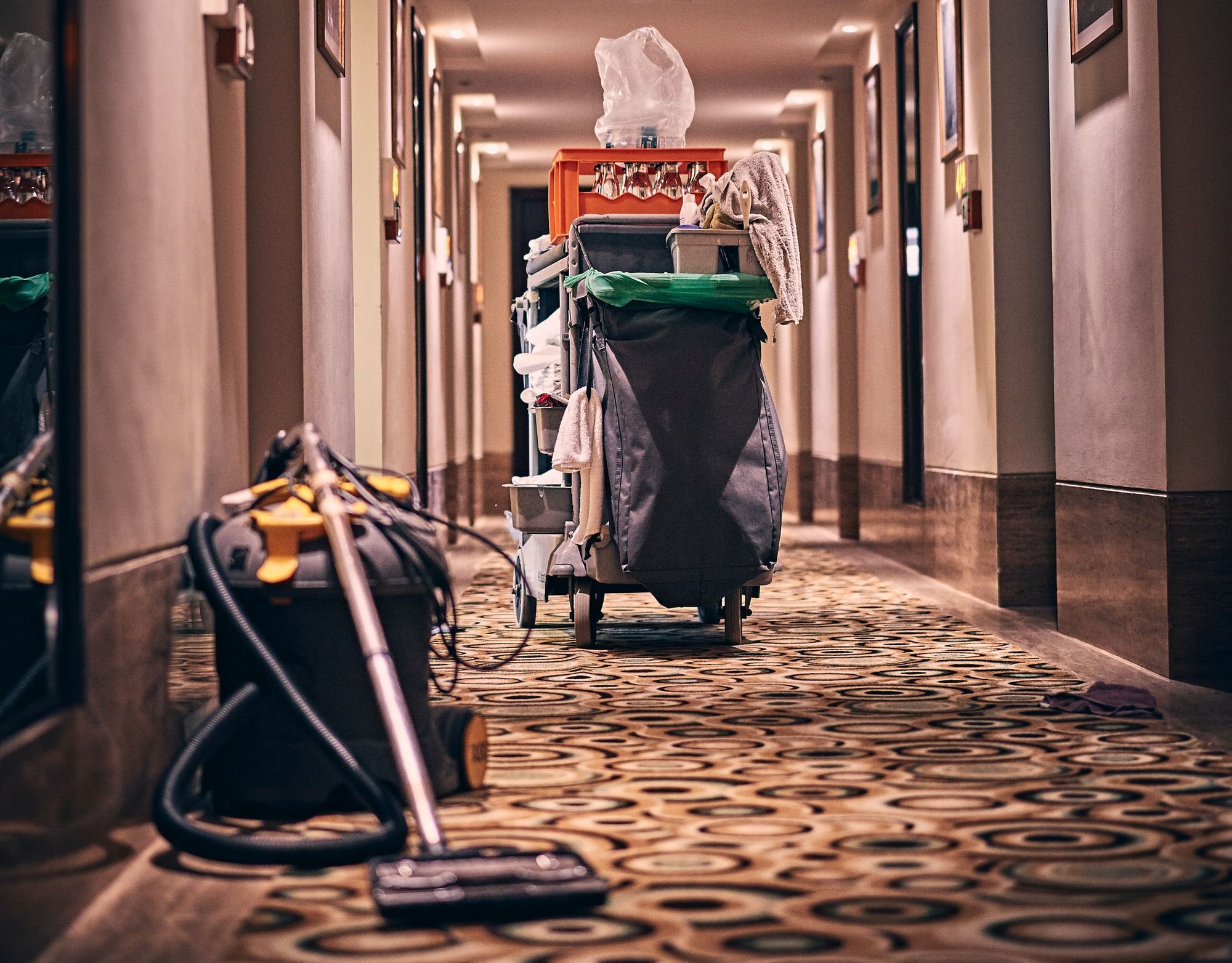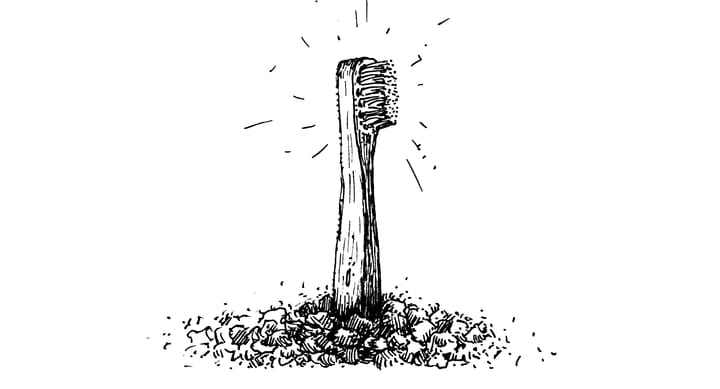CSI Whanganui
Riding the zeitgeist and cleaning toilets – epiphanies while working the nightshift

I was riding the zeitgeist. I’d recently dropped out of the Whanganui School of Design, but was still living amongst the artists and designers toiling away at their craft with a fervour you could warm your hands over. Part of a movement without having to move.
My flat was above a fish and chip shop on the main drag. My window looked across an alleyway at the wall of the movie theatre next door; I could practically reach out and touch those mossy bricks. Smoke from the smoker downstairs would drift through our ratty washing line. Everything ended up smelling a little fishy.
I toiled at wondering what to do next; motivated by my industrious creative friends, yet also enamoured of doing very little. I was constantly interrupted by the inconvenient question of money. My mum recommended a night-cleaning job that came up. This job wasn’t really part of the zeitgeist, but it would pay in real dollars.
At least I was good at cleaning. The vacuum was my instrument of choice. There was art in massaging all the carpet fibres into parallel rows, unsullied by a single footfall.
Our inner-city night-cleaning junket started at the bank. It was eerily quiet; all the transactions had turned in for the night. Danny, the boss, materialised next to me. He was so light-footed and soft-spoken he might have been part vapour.
“Just the spots that need it,” he said.
He watched my conventional vacuum motion, sweeping up a column of carpet and back again, but shook his head.
“Watch,” he said. He scanned the floor, spotted a single pencil shaving, sucked it up with the nozzle and gave me the thumbs up.
We were here to give the impression of cleaning. To evict an offending flake of pastry Janella the bank manager had dropped scoffing a pie at her desk. This cleaning philosophy would make us faster, Danny implied – you had to read between the lines. He called it “spot cleaning”; I called it “not cleaning”.
Toilets were the exception. When Danny demonstrated how to clean the toilet – as though I’d never done it before – he did it properly: brush, cleaner and everything.
At the doctor’s clinic we merely touched up any obvious desk dust. Then we moved on to a medical lab, a place thick with biological smells. I would barely permit myself to breathe. There we would lug around a pail with a foot-operated ringer, and slosh about patches of floor with a mop resembling a knot of dirty, overcooked noodles.
My mind would wander in the 2am quiet. I imagined a forensic team for CSI: Whanganui examining our work and reporting back to the boss: “It appears that they’ve been brewing a powerful soup of bacterial colonies on the floor itself.”
We had to empty these monstrous black rubbish bags into skip bins out the back of the lab. I worried about getting stabbed by a syringe through the plastic, thereby transforming into a zombie and initiating the apocalypse. It would be a tragedy for such a thing to happen for the sake of this sort-of cleaning job.
The courthouse was the last destination on the nightly roster. There were so many wooden banisters I wanted to polish, if I could just have the time or the cleaning products. By this point we’d be running so low on disinfectant Danny would set to diluting the rest with water to some absurdist homeopathic concentration.
Deep in the bowels of the courthouse were the cells: basically a dungeon with concrete walls and a lidless stainless-steel toilet. Danny whispered that sometimes disgruntled detainees adorned the cell walls with whatever they had available.
“Let me know if you ever need... help,” he said. I was unnerved by what was left unsaid.
And so it went. Spot cleaning by night, in bed by day. Skin infused with the smell of watery disinfectant. Haunted by an outrageous lack of rigour. It wasn’t quite the superhero backstory I’d imagined for myself.
One morning back at the flat, I accidentally knocked my flatmate’s hoop earring into the toilet bowl. It sank, shiny against the old browned porcelain. I immediately reached in and scooped it up, fingernails scraping on the bottom. I rinsed the earring and put it back next to the toothpaste. Then I looked at my hand. I had become someone who would dip his hand into a toilet without hesitating.
A few weeks later, I descended the courthouse stairs to the cells and paused at the threshold. Danny materialised beside me. We looked at the walls, smeared with brown. I covered my face with a hand. Danny made eye contact and signalled to me with a nod: I’ll take this one, mate. He could tell the protégé was not ready to tackle the Horror.
At the end of the night Danny came up the stairs looking weatherbeaten. We gave each other another nod. This one meant, “Maybe I’ll see you round. But probably not.”
I could claim the high ground and say that I left because I never even got to do an average job well. The great injustice of it. A mark on my honour as a vacuum cleaning maestro. The reality was, though, that I just didn’t care enough about this gig to willingly deal with the Horror. Also, well: being a cleaner appeared to be making me less clean. I decided I’d rather be on the bones of my arse. Again.
I wasn’t unemployed for long though. I moved on to a service station, where I would clean windscreens, reconstitute frozen pies and pour random quantities of oil into steaming car engines.



Comments ()